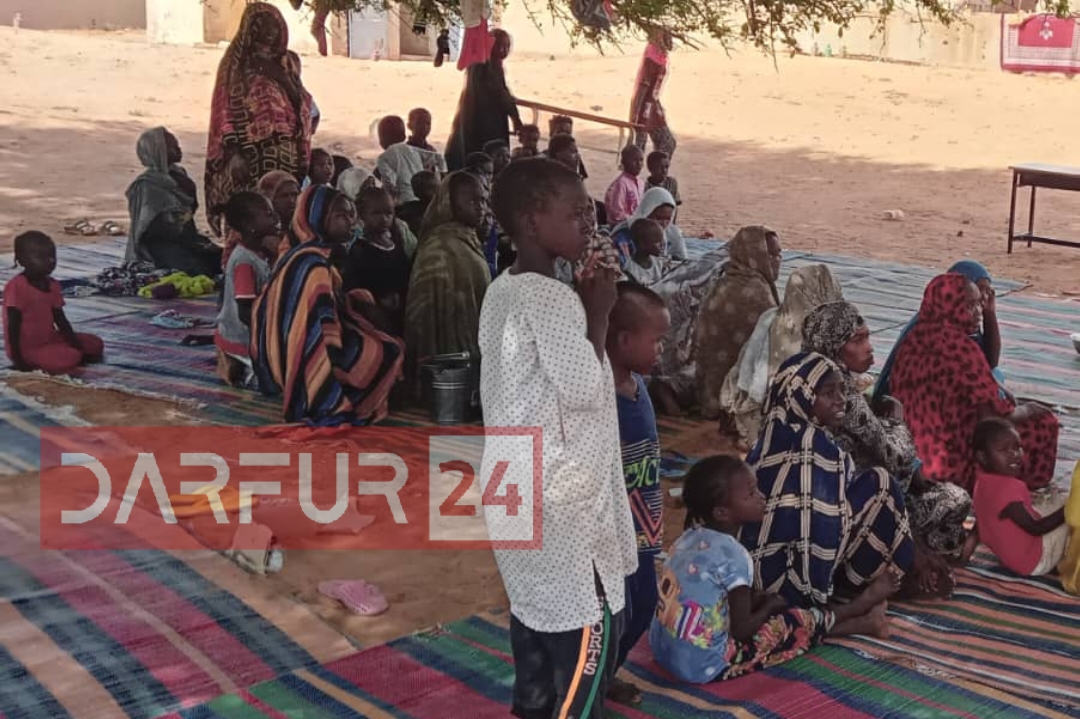Khartoum-Darfur 24
Over 19 million children in Sudan – 1 in 3 are out of school, as the country’s brutal conflict approaches its seventh month. This was reported by UNICEF and Save the Children in a joined statement issued on Monday.
Out of 19 million, about 6.5 million children have no access to school due to increasing violence and insecurity in their areas, with about 10,400 schools in conflict-affected areas closing their doors.
Meanwhile, more than 5.5 million children residing in areas less affected by the war are waiting for local authorities to confirm whether classrooms can reopen.
Even before the conflict broke out in April, nearly 7 million children were out of school.
The worst educational crisis in the world
The two International organizations warned that children in Sudan will not be able to return to school in the coming months if the war continues, which will expose them to immediate and long-term risks – including displacement, recruitment by armed groups, and sexual violence.
Mandip O’Brien, UNICEF Representative in Sudan, warned that “Sudan is on the verge of becoming home to the worst education crisis in the world.”
She added: “Children have been suffering from the horrors of war for nearly half a year. Now, forced away from their classrooms, teachers and friends, they are at risk of falling into a void that will threaten the future of an entire generation.”
Besides reading, writing and mathematics, children also learn social and emotional skills in school, which in times of conflict can become an important way of coping with violence, loss and trauma.
At the same time, the school provides children with access to many other vital life-saving services such as nutrition, health care and psychosocial support.
Arif Nour, Save the Children Country Director in Sudan, said, ” Since the conflict began, Sudan has emerged as the world’s largest internal displacement crisis, with 4.4 million new people displaced within Sudan – including some 2.5 million children. “In addition to 5 million school-age children find themselves trapped in areas of active conflict, putting them at risk of losing crucial access to education and basic protection services.”
Decrease of education expenditure
The two organisations explained in their statement that spending on social services has witnessed a sharp decline, as teachers in almost all have not been paid since the start of the armed conflict.
There is a shortage of educational supplies, and educational facilities are not maintained. Although efforts are underway in a few areas to ensure that education systems in Sudan remain effective, there are significant limitations, and needs are quickly outpacing resources, according to the statement.
In addition to the direct impact and risk of almost all Sudanese children dropping out of school.
Arecent UNICEF study showed that the loss of income if not addressed urgently , will result in a lifetime loss of $26 billion for the generation of children affected by the war.
UNICEF and Save the Children are working with partners to ensure that millions of Sudanese children receive quality education and return safely to school soon before their school year is at risk of being lost.
Appeal to Sudanese authorities and the international community
UNICEF and Save the Children called on the Sudanese authorities to reopen schools in safe areas, while supporting alternative learning methods in communities where it is no longer possible to open schools due to safety and security concerns.
The two organizations also called on the international community to stand in solidarity with Sudanese children whose education is at stake, to provide resources and support to ensure that millions of Sudanese children return to school, and to ensure that children affected by the conflict have the opportunity to access learning and psychosocial support in safe places.

